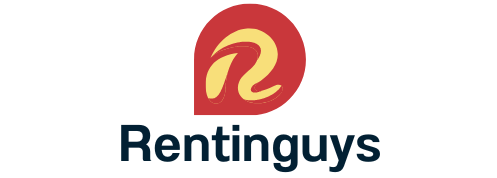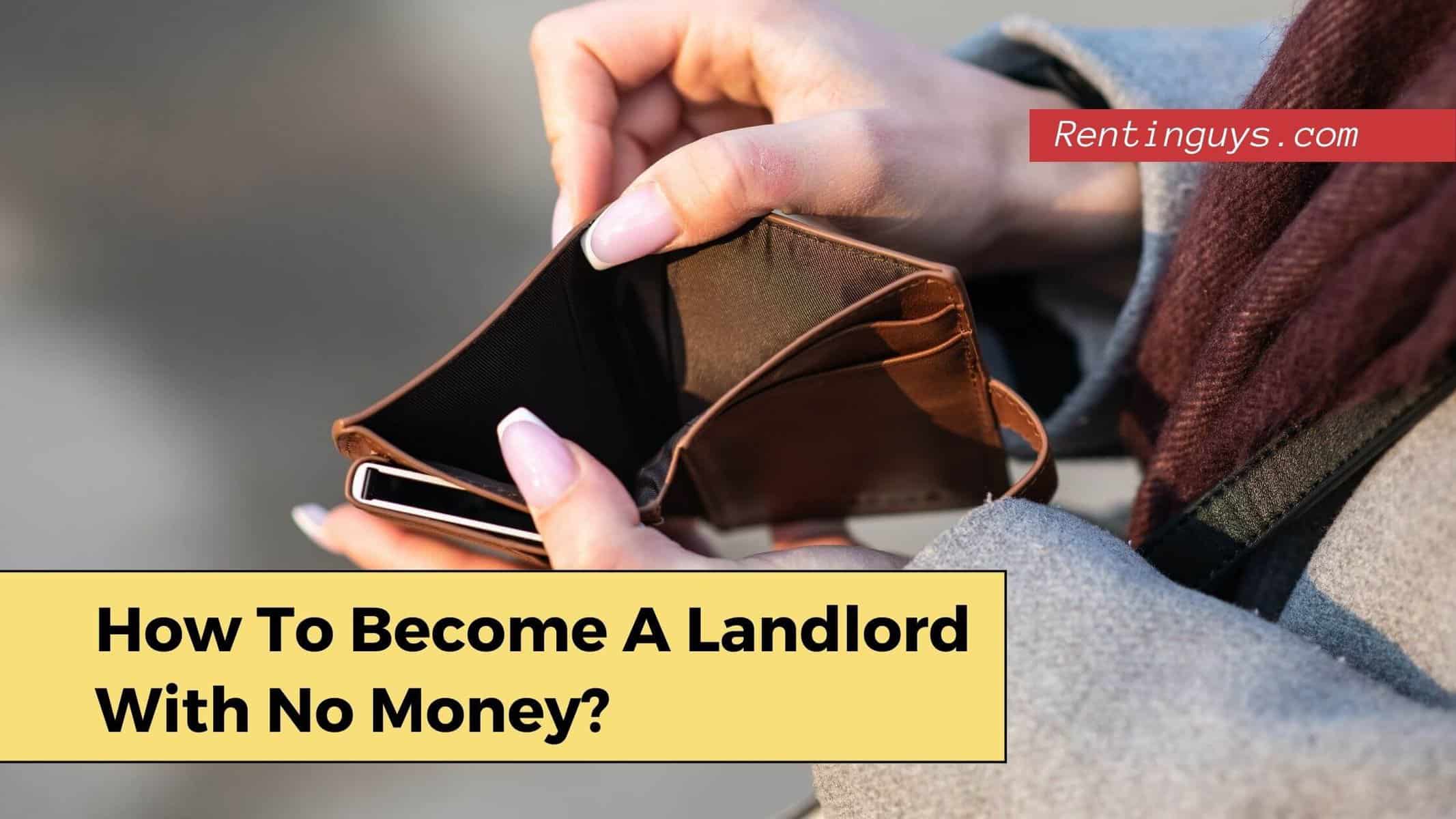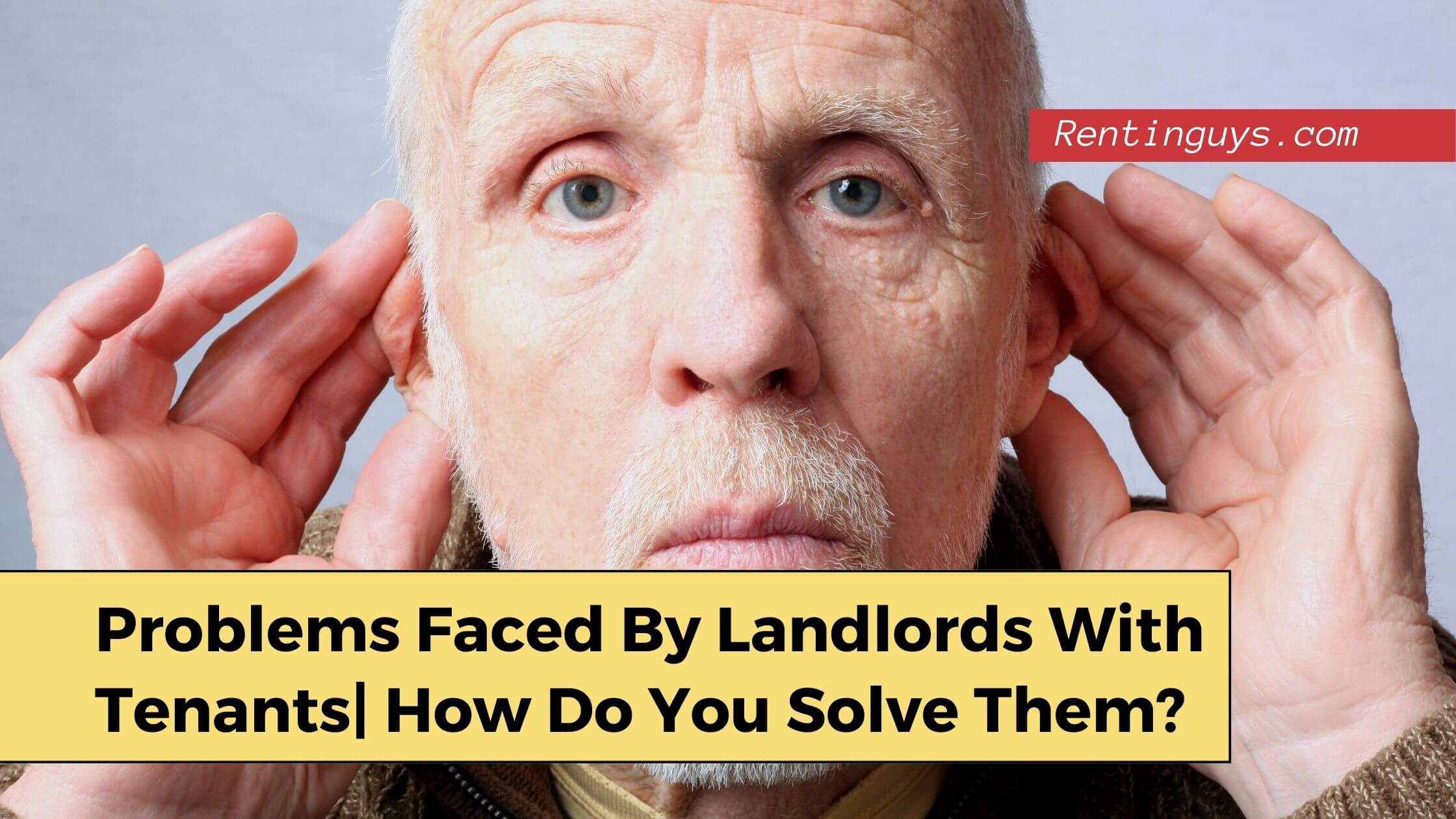Everyone dreams of an investment that gives steady returns. Being a landlord is one such profession that guarantees a steady income.
However, to be a landlord you have to invest in a rental property, either residential or commercial.
Most people think that you have to self-finance the property to be a landlord. However, it is not true. You can become a landlord with no money. We will show you how.
How to become a landlord with no money
There are multiple ways to buy an investment property without using your own money. Every option has its set of pros and cons.
Understanding these options will help you choose the right method that suits your budget and investment goals.
Seller financing
Seller financing is one of the popular routes to becoming a landlord with no money. This option is suitable for buyers who have no money for the downpayment or have credit issues that make opting for a traditional mortgage difficult.
As the name suggests, in seller financing the buyer and seller enter into an agreement where the buyer need not pay upfront money but agrees to pay a fixed sum of money every month.
The total value of the property is paid off within the pre-agreed time frame, mostly one or two years. You may have to convince the seller to finance the transaction by offering to pay higher monthly payments.
Once the value of the property appreciates allowing you to build equity, you can opt to refinance the investment and buy the seller out.
One of the crucial points to keep in mind while opting for seller financing is that the property should be able to generate a good rental inflow to enable you to have positive cash flow even after the high mortgage payment.
Pros
- Suitable for people with no money in hand but who want to buy an investment property.
- You can buy time to get your credit history in order before opting for traditional financing.
Cons
- It is difficult to buy sellers willing to finance the transaction.
- There are many legal and financial obstacles to seller financing.
Lease to own
It is one of the most preferred options to become a landlord with no money.
In lease to own, you enter into an agreement with the seller to lease the property for a certain period of time with an option of owning the property at the end of the specified period.
Under this method, the seller will set apart a certain part of the lease payment as the payment for buying the property at a fixed purchase price.
Alternatively, the monthly lease payments can be treated as the downpayment and you can apply for a traditional mortgage as soon as you finish paying the total down payment amount.
This method allows you to own the property without paying a hefty down payment at the beginning. You can lease the property and seek the owners’ permission to sublet the property to generate positive cash flow.
Pros
- You can generate cash flows without owning the property.
- No need to pay a hefty down payment.
- Gives time to set right your finances and apply for a bank mortgage
Cons
- If the owner does not permit to sublet or lease the property, it gets difficult to generate income.
- It is difficult to find sellers willing to agree to the lease-to-own arrangement.
Assumable mortgage
If you are a novice in real estate and want to become a landlord with no money, opting for an assumable mortgage is a good solution.
In this agreement, the original borrower agrees to let someone else take over the obligation of repaying it.
Most financial institutions offer the assumable mortgage option to their borrowers. However, they require the primary borrower to have a good credit record and sufficient income to pay the monthly mortgages.
An assumable mortgage is suitable for new property buyers or for those who already have a property but plan to increase their real estate portfolio.
Pros
- An assumable mortgage can be obtained at a lower interest rate in comparison to the traditional mortgage.
- Assumable mortgages have a lower amortization period than traditional mortgages.
- It allows new property buyers to get mortgages at better rates than their credit profiles.
Cons
- An assumable mortgage is riskier than a traditional mortgage.
- Interest rates on assumable mortgages are highly fluctuating.
Buying a foreclosed property
Foreclosed properties are homes that become bank-owned due to the non-payment of mortgages by their previous owners. Banks sell these properties at cheaper rates compared to other homes in the neighborhood.
Foreclosed properties are generally sold through auctions or foreclosure proceedings, which are a great way to buy homes in good neighborhoods at lower prices.
Buying a foreclosed property is a good deal if you want to become a landlord with no or minimum downpayment.
In most cases, you may be required to pay some deposit amount while buying foreclosed properties.
The deposit amount varies from 5 to 10% depending on the location of the home, which is lower than the average downpayment of 20% generally required to buy a home.
Pros
- You can buy the property at lower rates compared to other properties in the locality.
- Since the bank already owns the property, there will be no legal trouble.
- You can get a mortgage loan at lower interest rates.
Cons
- Foreclosed properties may have some undiscovered defects, which may cause you trouble in the future.
Apply for a 100% mortgage
The best option to become a landlord with no money is to apply for a 100% mortgage.
100% mortgage means that you need not pay any downpayment and the whole amount for buying the investment property is financed by the bank.
The process of getting 100% mortgages for rental houses from banks and financial institutions is straightforward.
Pros
- No need to arrange funds for the down payment.
- Easy to buy a rental home and become a landlord.
Cons
- Banks require a good credit history to give a 100% mortgage.
Partner with family or friends
Partnering with friends or family is a great way to become a landlord when you have little or no money.
You can create a consortium of 2 to 3 people to invest in the property and let you manage it. You can pool the down payment money and also apply for a loan as co-borrowers.
The investors can be silent partners while you take the active part of being a landlord and do all the physical work. You can share the profits from the rent receipts or equity build-up on the home.
Pros
- A great option is to become a landlord with no funds.
- Good for people who have a knack for managing things.
- Easy to raise funds for the down payment.
Cons
- Hard to manage the partners if the terms of the agreement are not clear.
- Selling the property may be difficult when there are multiple owners.
Try house hacking
House hacking is an easy way to buy your first rental property with no money. In house hacking, you buy a multi-family home with 2 to 4 units. You move into one of the units and rent the remaining to start generating cash flows.
In house hacking, You will pay far less downpayment as the property will be primarily owner-occupied.
The rent from the remaining units will help you cover the costs of mortgage, utilities, taxes, and other housing costs.
There are many low down payment loan programs such as the FHA, which require a very low down payment and also have lower interest rates than conventional mortgages. However, you will need a good credit score to apply for these loans.
Pros
- You can buy a house with a low down payment.
- You can live in the house and also earn rentals from it.
- The rents will finance all your housing costs.
Cons
- You need a good credit score to get loans.
- You have to choose the tenants with good history to ensure they do not default on payments.
There are many ways to start your real estate journey and become a landlord, even when you have no money for the down payment.
You can choose any of the options mentioned above or try other measures such as cashout refinance, BRRRR method, etc. to enjoy the benefits of being a landlord.
However, you have to be very careful and refrain from over-leveraging yourself.






